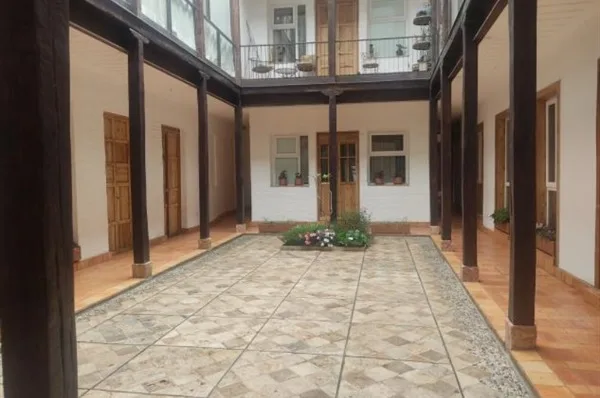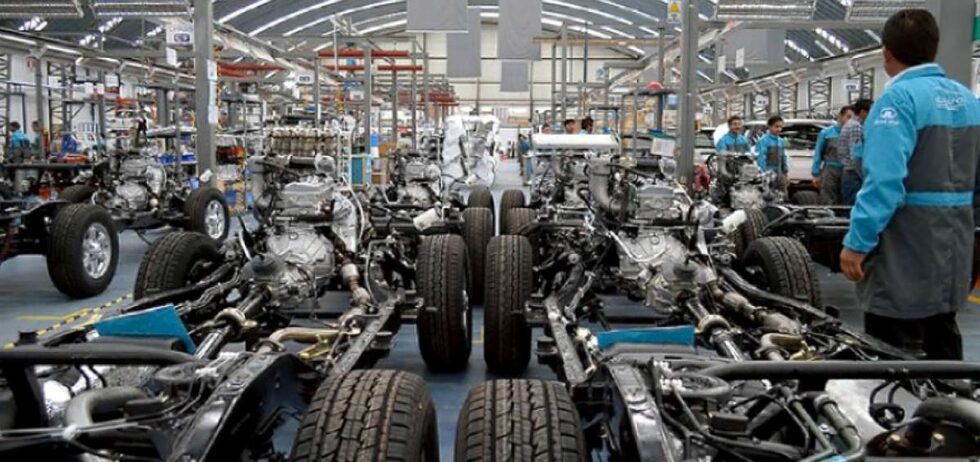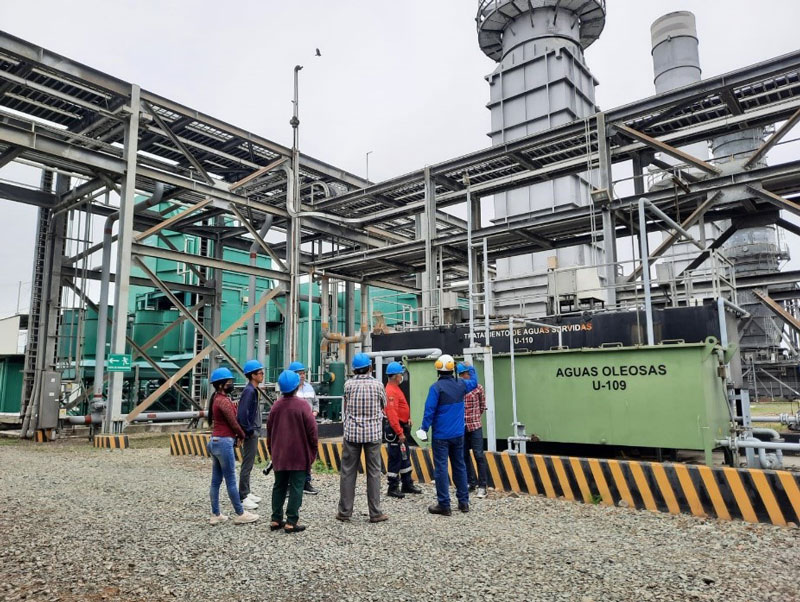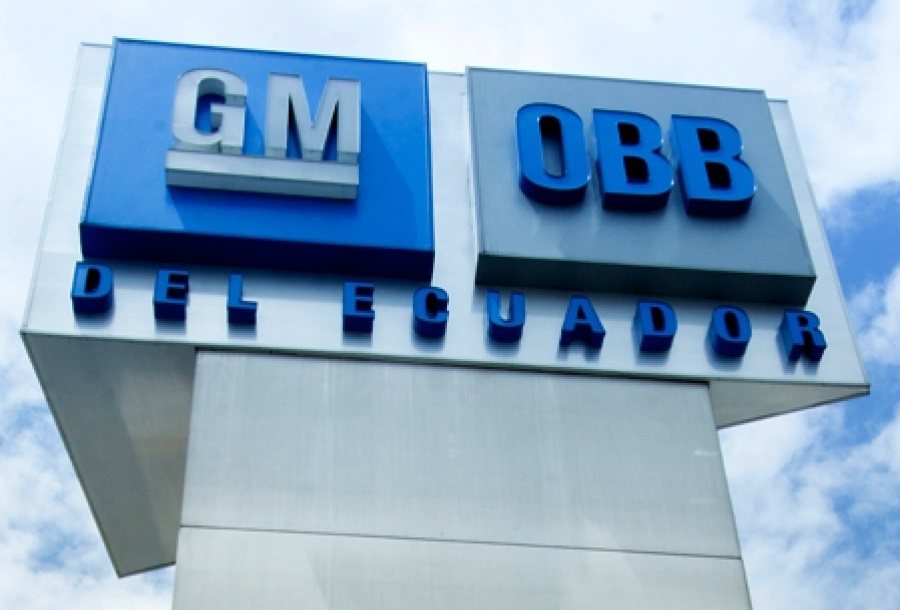WHO asks all countries to recognize Chinese Covid-19 vaccines for emergency use
The World Health Organization (WHO) is asking that all countries recognize any Covid-19 vaccine it has approved for emergency use, including the ones made by China, as borders reopen to vaccinated travelers.

The WHO said the refusal by some countries to accept all approved vaccines is leading to travel difficulties and, in some cases, restricting citizens who have been vaccinated in other countries from returning home.
The WHO called for Western countries to accept the vaccines produced by China, saying that refusal to accept them was “undermining confidence in life-saving vaccines that have already been shown to be safe and effective.” It also suggested that geo-political factors unrelated to vaccine efficacy may be partly responsible for the non-acceptance.
The U.N. health agency has licensed the vaccines made by Sinovac and Sinopharm, which the agency’s reviews said were found to significantly reduce hospitalization and death risks. The other vaccines approved were the shots manufactured by Pfizer-BioNTech, Moderna, AstraZeneca and Johnson & Johnson.
Most European and North American countries have not yet accepted the Chinese vaccines which the WHO says is due to the fact that Chinese researchers use different methods and techniques in making scientific judgments.
WHO scientists say that multiple studies by non-Chinese research labs have found the Sinovac and Sinopharm more than 70 percent effective against mild and moderate cases of coronavirus and more than 85 percent effective against severe cases requiring hospitalization.
In its aim to restore travel across Europe, the European Union said in May that it would only recognize people as vaccinated if they had received shots licensed by the European Medicines Agency — although it’s up to individual countries if they wish to let in travelers who have received other vaccines, including Russia’s Sputnik V. The EU drug regulator is currently considering licensing China’s Sinovac vaccine, but there is no timeline on a decision.
“Any measure that only allows people protected by a subset of WHO-approved vaccines to benefit from the reopening of travel…would effectively create a two-tier system, further widening the global vaccine divide and exacerbating the inequities we have already seen in the distribution of COVID-19 vaccines,” a WHO statement said Thursday. “It would negatively impact the growth of economies that are already suffering the most.”
WHO said that the refusal by some countries to accept all its approved vaccines is leading to travel difficulties and, in some cases, is restricting citizens who have been vaccinated in other countries from returning home.
The two Chinese shots are “inactivated” vaccines, made with killed coronavirus, whereas the Western-made shots are made with newer technologies that instead target the “spike” protein that coats the surface of the coronavirus.
Although Western countries have largely relied on vaccines made in the U.S. and Europe, such as Pfizer-BioNTech and AstraZeneca, many developing countries have used the Chinese-made shots.
Earlier this year, the head of China’s Center for Disease Control and Prevention acknowledged the effectiveness of its home-grown shots was slightly lower than other vaccines. Several countries that have used the two Chinese shots, including the Seychelles, Bahrain and Chile, have seen Covid-19 surges of infections even with relatively high levels of immunization. The WHO points out, however, that most of those vaccinated suffered mild and moderate cases, with few requiring hospitalization.


















